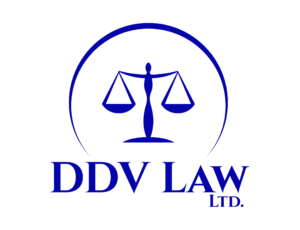When your child turns 18 (in most states), it might be difficult to imagine that little child who once needed you for everything has now become an adult. Now your child is free to vote, marry, apply for a credit card, make medical and financial decisions, sign contracts, and live independently. No wonder the law calls this coming of age “emancipation.”
But if your adult child is hurt in an accident and needs somebody to make critical medical decisions, you cannot be the one to do that without your child having named you as power of attorney, even if you’re still paying for your child’s health insurance. If that child is so injured that a guardian is needed, you would not automatically be that person. Court proceedings would be required and those are expensive and time-consuming. A health care power of attorney would avoid that headache and would give you the standing you need, in one efficient document.
In money matters, you will not be permitted access to your adult child’s bank accounts unless your child has made you agent in a financial power of attorney.
Even if you’re paying for your child’s education, schools are not permitted to release educational records without a signed “FERPA” disclosure statement when your child reaches majority. See:
https://www2.ed.gov/policy/gen/guid/fpco/ferpa/safeschools/modelform2.html
Becoming an adult is a major milestone. Your child’s 18th birthday would be a good time to explain about paying bills, getting a copy of the child’s social security card and birth certificate, living independently, registering to vote, and signing contracts to rent apartments, for example, or make major purchases like a car.
Remember to include the powers of attorney in that discussion. They are invaluable when your adult child needs you, at a stressful time when you do not want to hear any “no’s.” Powers of attorney could save you and your child delay, heartache, and expense.
We would be happy to help you or your child with the proper powers of attorney, as well as other planning needs that become more urgent as we grow older. If you’d like to discuss your particular situation in a confidential setting, please contact one of our three Chicago area offices by calling 312-878-0155.

